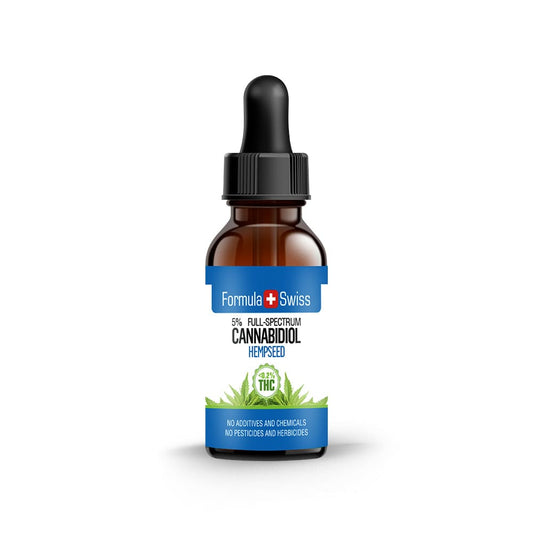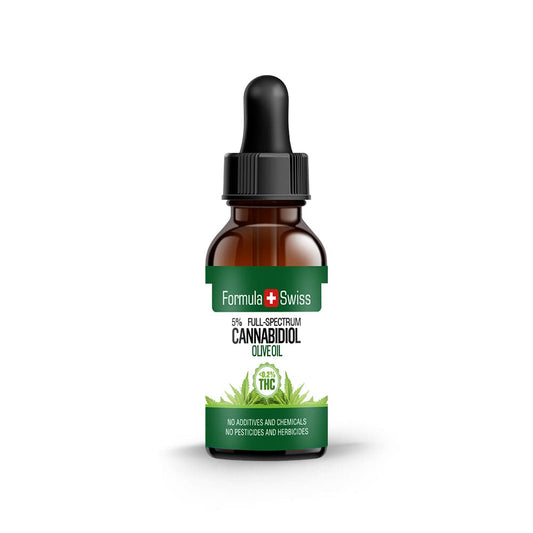The Netherlands is expanding its regulated cannabis trial, aiming to create a closed network of growers and retailers, starting Monday. This new phase includes ten towns and cities, with eight additional cities now participating.
These cities' cannabis cafes, known as "coffeeshops," will sell cannabis and hashish produced by licensed growers alongside illegal products. Initially launched in Breda and Tilburg last year, the trial now extends to Groningen, Zaanstad, Almere, Arnhem, Nijmegen, Voorne aan Zee, Heerlen, and Maastricht.
Enhancing Cannabis Quality and Variety
This stage of the trial seeks to improve the "quantity, quality, and diversity" of the cannabis available in coffeeshops. Owners can purchase from various licensed growers, offering a wider selection to customers and reducing reliance on illegal sources.
Currently, only three suppliers are operational, but officials anticipate that two more will be ready by September. From that month, the 80 coffeeshops involved in the trial will exclusively sell licensed products.
Political Concerns and Legislative Actions
Despite apprehensions from the new coalition, a majority of MPs voted against the far-right PVV's proposal to terminate the experiment. They also dismissed a last-minute attempt to include Amsterdam's eastern district.
The trial aims to phase out the Dutch "gedoog" policy, which decriminalises the possession of small amounts of cannabis and licenses sales outlets while making bulk production and sale illegal. This "front door, back door" system was introduced in the 1970s to distinguish between "soft" and "hard" drugs, at a time when Amsterdam gained a reputation as a drug haven.
Addressing Crime and Safety Issues
This policy has unintentionally allowed criminal activities to thrive, with robberies, violence, and money laundering still common in the industry. Consumers often lack knowledge about the exact contents of their purchases, complicating health service responses. The experiment aims to close this back door to criminal activities.
Breda's mayor, Paul Delpa, a leading advocate for a regulated system, emphasized the experiment's focus on safety. "The Dutch policy for weed is quite devious. People can buy it legally in coffeeshops, but the production of the weed and the buying part (the back door) of the shop owners is illegal. That means there's a big criminal world that thrives on producing the weed and selling it to the shops. That needs to change," Delpa told Dutch News last year.
Personal Perspective
The expansion of the regulated cannabis trial is a big step towards fixing the problems and safety issues with the current policy. By letting licensed growers supply coffeeshops, the government aims to cut down on criminal influence and offer safer, regulated products to consumers. This could set an example for other countries facing similar challenges.
As the trial goes on, it's important to watch its effect on crime rates and public health. If it works, this move could lead to a more transparent and safer cannabis market in the Netherlands.






